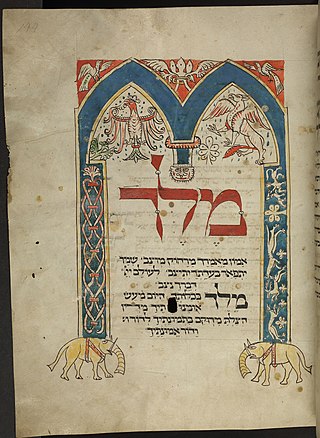Related Research Articles
Fatima, also spelled Fatimah, is a feminine given name of Arabic origin used throughout the Muslim world. Several relatives of the Islamic prophet Muhammad had the name, including his daughter Fatima as the most famous one. The literal meaning of the name is one who weans an infant or one who abstains.

Malik is the Semitic term translating to "king", recorded in East Semitic and Arabic, and as mlk in Northwest Semitic during the Late Bronze Age.
Nadia is a female name. Variations include Nadja, Nadya, Nadine, Nadiya, and Nadiia. Most variations of the name are derived from Arabic, Slavic languages, or both.
Anwar is the English transliteration of two Arabic names commonly used in the Arab world by both Arab Christians and Muslims: the male given name ʼAnwar (أنور), meaning "luminous" or the female given name ʼAnwār (أنوار), meaning "a collection of lights". In Arabic, Anwar is also a comparative adjective with the meaning of "more enlightened".
Aisha is an Arabic female given name. It originated from Aisha, the third wife of the Islamic prophet, Muhammad, and is a very popular name among Muslim women.
Samira is a Sanskrit or Arabic given name. In Sanskrit, Sameera or Samira is a feminine given-name, meaning "breeze, wind," or "Vāyu, the wind deity". Many anglicize their name to Samīr or Sameer.
Sudha is a Hindu/ Sanskrit Indian feminine given name meaning living water and also, in other variations, nectar.
Hassan or Hasan is an Arabic, Irish, Scottish, or Jewish surname.
Leila is a feminine given name primarily found in the Middle East, particularly in Semitic speaking countries and Iran. In the Latin alphabet, the name is commonly spelled in multiple ways, including Leila, Layla, Laylah, Laila, Leyla and Leylah.
Salma is an Arabic feminine name that means "peace.” It comes from the Arabic word Salam.
Jamila (Arabic: جميلة) is a feminine given name of Arabic origin. It is the feminine form of the masculine Arabic given name Jamil, which comes from the Arabic word jamāl, meaning beautiful. The name is popular on a global scale, in regular use by both Arabic speaking and non–Arabic speaking populations and holds religious significance for some Muslims. Due to differences in transcription, there are several variations on how to spell the name.
Sabri is a male given name of Arabic origin, it may refer to:
Zahra is a female given name of Arabic origin. It means ‘beautiful, bright, shining and brilliant’. The name became popularized as a result of being the name of Muhammad’s daughter, Fatimah al-Zahra.
Abdul Latif is a Muslim male given name and, in modern usage, surname. It is built from the Arabic words ʻabd and al-Laṭīf, one of the names of God in the Qur'an, which gave rise to the Muslim theophoric names. It means "servant of the All-gentle".
Sania is an Urdu Persian feminine given name, which means "second cardinal number" and "splendid". It comes from the Arabic cardinal number for second in feminine form ثانية and it means second for feminine objects.
Khadija, Khadeeja or Khadijah is an Arabic feminine given name, the name of Khadija bint Khuwaylid, first wife of the Islamic prophet Muhammad. In 1995, it was one of the three most popular Arabic feminine names in the Muslim world, along with Fatima and Aisha.
Farida is an Arabic feminine given name, meaning unique/ precious pearl. In Urdu it is spelled and pronounced the same way as Arabic. In Turkish it is spelled as Feride. In Persian, the name is rendered as Farideh in the Iranian dialect, but Farida (Фарида) in the Afghan and Tajik dialects. It is one of the common female names throughout the Muslim world.
Fawzia or Faouzia or Fouzia is an Arabic personal name. Notable people named Fawzia or alternative spellings include:
Zubaida is an Arabic (زُبَيْدَة), feminine given name that means "soft-bodied", "like cream", and is also an idiom for prime, originating from the fact that cream is the prime part of the dessert, or the core of something that is growing. It is mostly used in Asia.
Amina is the loose transcription of two different Arabic female given names:
References
- ↑ Stewart, Julia (1993). African Names: Names from the African Continent for Children and Adults. Citadel Press. p. 83. ISBN 9780806513867 . Retrieved January 30, 2017– via Google Books.
- ↑ Navarro, Yvonne (October 1, 1993). First Name Reverse Dictionary: Given Names Listed by Meaning (2nd ed.). McFarland & Company. p. 231. ISBN 9781476609966 . Retrieved January 30, 2017– via Google Books.